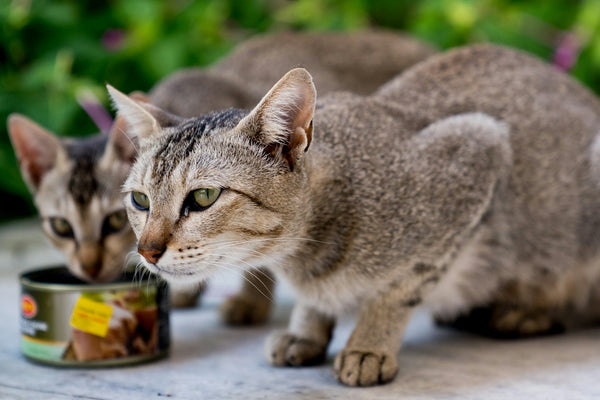As a dedicated pet owner, providing the best nutrition for your pet is crucial for their health and well-being. With an abundance of options available in today's market, selecting the right food can be a daunting task. This comprehensive guide will help you make informed decisions about your pet's diet, leading to a healthier, happier furry friend.
Understanding Nutritional Needs
Every pet is unique, and their nutritional requirements can vary significantly based on species, age, size, and health condition. It's essential to consult with your veterinarian to tailor a diet plan that suits the specific needs of your pet.
Essential Nutrients
Pets, like humans, require a balanced diet that includes proteins, fats, carbohydrates, vitamins, and minerals. Here are key nutrients to prioritize:
- Proteins: Vital for growth and tissue repair. Look for high-quality sources like chicken, beef, or fish.
- Fats: Provide energy and support cell function. Incorporate Omega-3 fatty acids, which can be found in products like Premium Wild Alaskan Salmon Oil for Dogs, known to benefit skin, coat, and joint health.
- Vitamins and Minerals: Ensure your pet receives a full spectrum of essential vitamins and minerals. Supplements can be a good addition, such as the Premium Prenatal Multivitamins for Dogs and Cats to address specific dietary needs.
Choosing the Right Type of Pet Food
Dry Food
Dry kibble is a convenient and popular choice due to its ease of storage and longer shelf life. It's also beneficial for your pet's dental health, as the crunch helps reduce tartar build-up.
Wet Food
Canned food typically has a higher moisture content, which is excellent for hydration—particularly beneficial for cats. Cats are often reluctant drinkers, so incorporating wet food can aid in their overall fluid intake.
Raw and Homemade Diets
Some pet owners prefer raw or homemade diets. It's crucial to ensure these diets are well-balanced and free from contaminants. Always discuss such plans with your veterinarian to avoid nutritional deficiencies.
Special Dietary Considerations
Certain health issues may require specific dietary adjustments:
- Allergies and Intolerances: If your pet suffers from allergies, products like All-Natural Dog Allergy Relief Chews can help alleviate discomfort.
- Skin and Coat Health: To promote a healthy coat, consider supplements such as the Skin and Coat Supplement for Pets.
Ensure Fresh Water Supply
Adequate hydration is essential. An automatic water fountain, like the PetHydrate Automatic Cat Bowl & Water Fountain, can ensure your pets always have access to fresh water, encouraging them to drink more and support overall health.
Conclusion
Selecting the best pet food involves understanding the specific nutritional needs of your pet and considering any health issues they may have. Start by consulting with your vet, then choose high-quality foods and supplements to meet those needs. For more information on premium pet products and guidance, visit My Pet Collective.
By investing time and care in selecting the right nutrition plan, you can significantly enhance your pet's quality of life and longevity.








